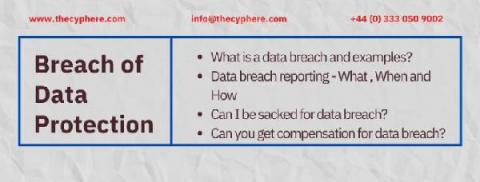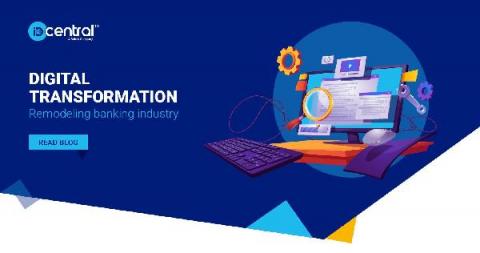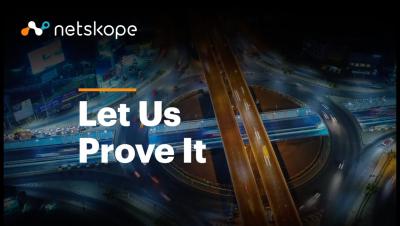When and How to report GDPR personal data breaches (Article 33)
The Data Protection Act was brought in in 2018, and it controls and monitors the way that UK businesses and organizations use your personal data and information, such as credit, payment card, financial information, social security numbers, and any sensitive data. Under the act, it is up to everyone to ensure that they use data wisely and adhere to the data protection principles that are laid down in the act, which are.











